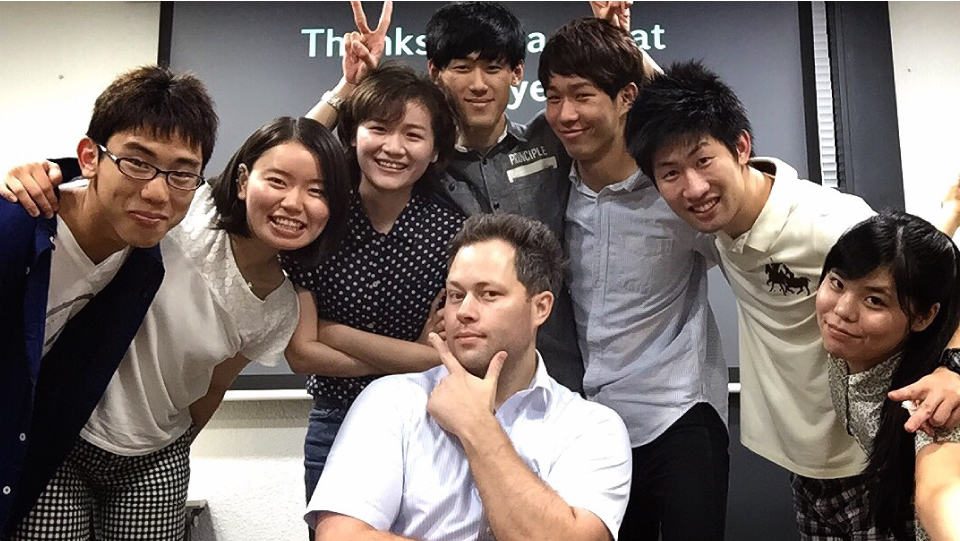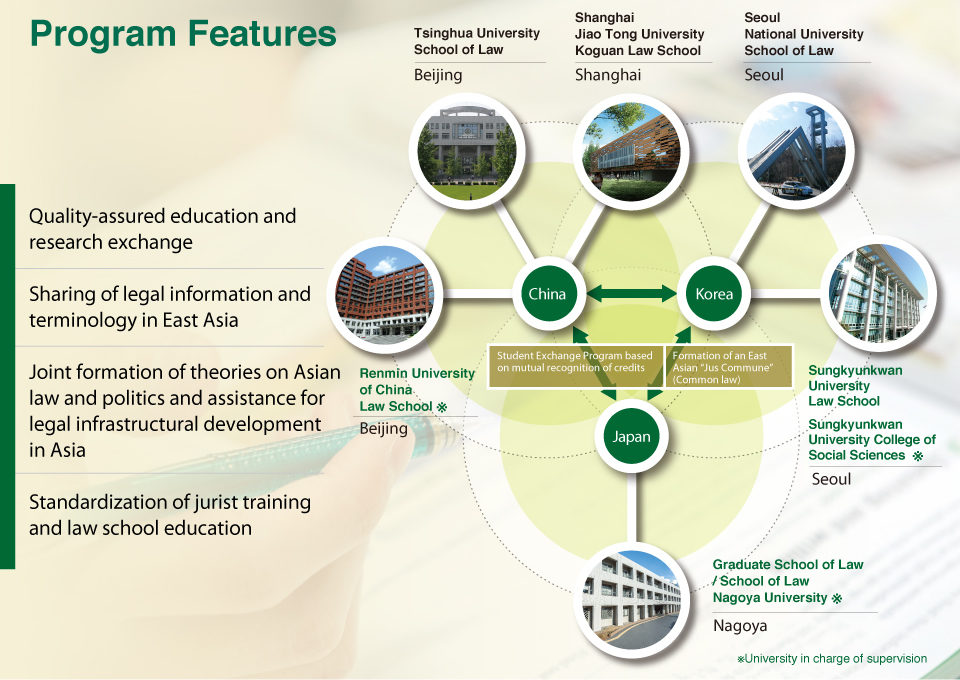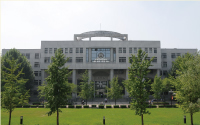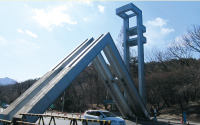Basic concept
Jus commune (common law)
The ongoing process of globalization, which is not confined to the economic sphere, is calling for unification or harmonization of underlying legal systems. In Europe, the formation of a jus commune is already in progress beyond the realm of civil and commercial law, giving birth to the European Convention on Human Rights, the EU Directive on Sale of Consumer Goods and Guarantees and so on. The calls for East Asia to also follow this trend are becoming increasingly louder.
However, it is necessary to question the presumed universality of law and human rights and examine whether a certain measure of regionalism should be retained in this domain. Given the actual major differences in social realities, cultures and traditional laws between the East and West, as argued in the 1990s and onward by proponents of the Asian concept of human rights which draws a line from the Western concept, the possibility of an Asian concept of law, including an Asian way of dealing with human rights protection, merits serious study.
Kanji-using cultural zone
In the process of such studies, one should not overlook the important fact that China, Japan and Korea constitute a unique East Asian cultural zone in which ideograms of Chinese origin (kanji) are used. In adopting the Western legal system following the Meiji Restoration, Japan developed a legal terminology using kanji, which later greatly influenced similar enterprises by China and Korea. Naturally, there are many legal terms that are represented by identical ideograms but have different meanings in each of the three countries today, as a result of their respective historical background or subsequent development. Nevertheless, it is possible to envisage harmonization of the legal terminology of the three countries with the aid of a common legal database that can be built with the most advanced information technology, which in turn can accelerate the formation of a jus commune in East Asia.
Assistance for legal infrastructural development
Japan and Korea have been actively providing assistance for legal infrastructural development in neighboring Asian countries that have been shifting to a new political system, such as Vietnam, Cambodia, Mongolia and Uzbekistan. Recently, China has joined this circle of collaboration.
To ensure successful assistance for legal infrastructural development in those countries in transition, a deep understanding of their existing laws and legal cultures is essential. In this regard, in-depth joint studies by Japanese, Korean and Chinese researchers on the past and present developments of the law and politics of Asian countries are highly significant, and the transmission of their research achievements to future generations will be of great importance not only for the three countries but for Asia as a whole.
Envisaged human resources

All the enterprises described above require a long period of time to come to fruition and refuse overnight solutions. It is therefore imperative that the necessary human resources be developed in various forms, including continued mutual student exchange among the three countries.
Accordingly, this Project concerns joint education in the Law and Social Science faculties of participating universities in Japan, Korea and China, to train future jurists, researchers, public servants (in international organizations or of national or regional government) and businesspersons capable of conducting professional activities in the three countries or the Asian region at large.

In the Program, the partner universities in Japan, China and Korea exchange undergraduate and graduate students who aspire to a global career as a civil servant (of an international organization or national or regional government) or businesspersons who work in or across the three countries. The Program will put the participating students in contact with businesses and governmental organizations operating in the three countries to enhance the students' future employability.
(1) Triangle Exchange Program
The Nagoya University Graduate School of Law and School of Law sends and accepts five students each from China and Korea for each academic year.
The exchange students study at their host universities for a period of six months or one year. During this period, they study the Core Curriculum and attend courses offered at the host universities in English or the local language study.
(2) Core Curriculum
The Core Curriculum comprises the courses below:
(1) introductory courses in the Law and Political Science of each host country, (2) courses in Comparative Law and Political Science that cover the whole world and are designed to build students' academic foundation in Social Science from an international perspective.
In preparation for their participation in the Program, prospective exchange students follow a curriculum with focus on the political and legal systems of their own countries and foreign language skills.
(3) Educational Quality Assurance
The quality of education offered in the framework of this Program will be inspected in terms of content, course requirements, credit acquisition and so on by the Quality Assurance Council, comprised of members representing the participating universities, in order to maintain a high level of program quality.








